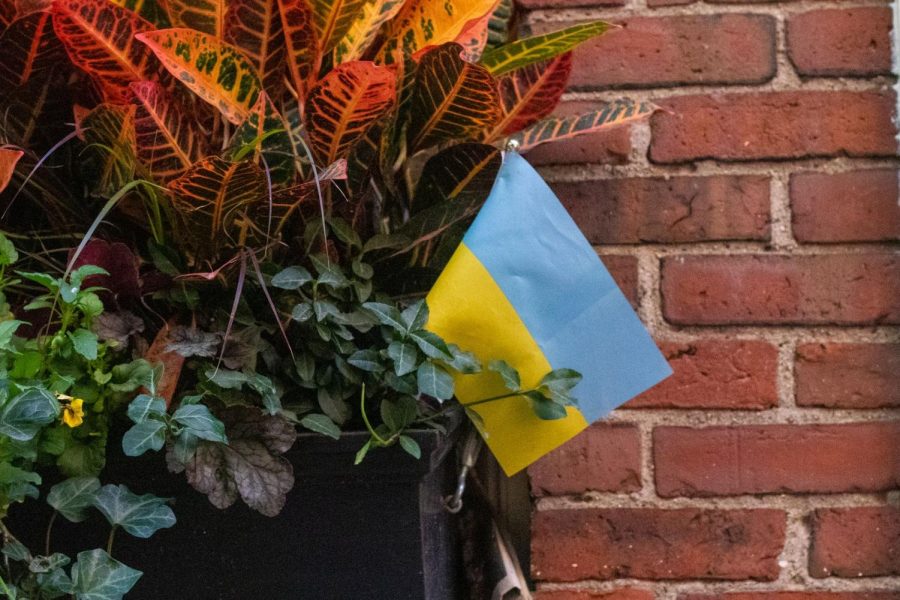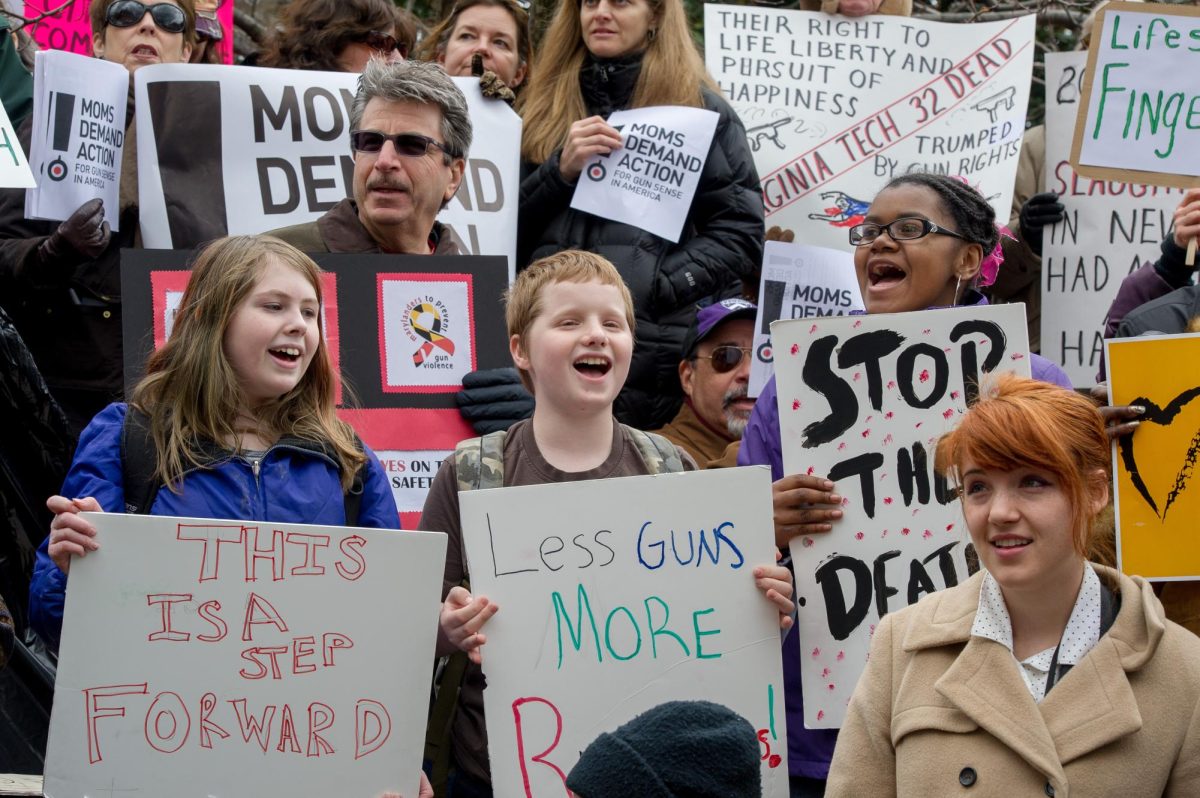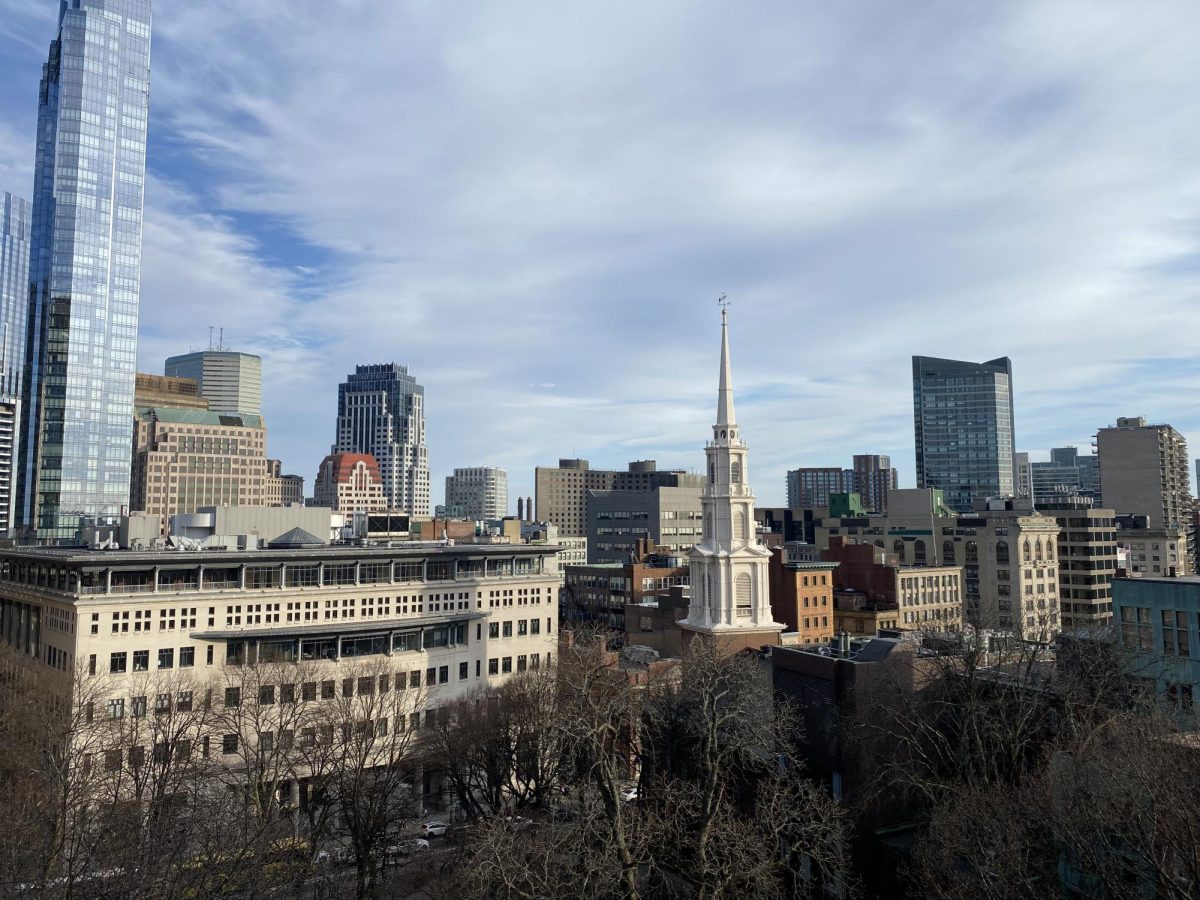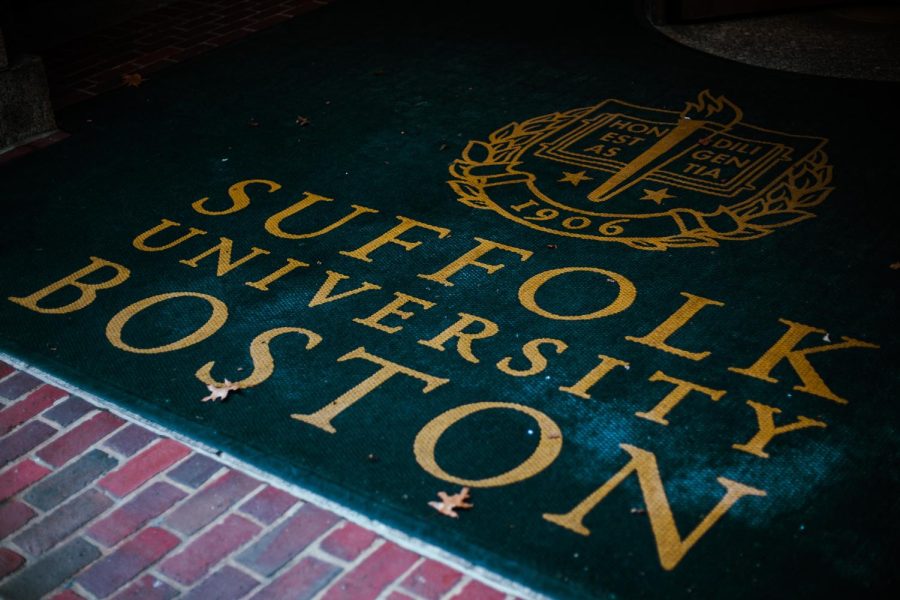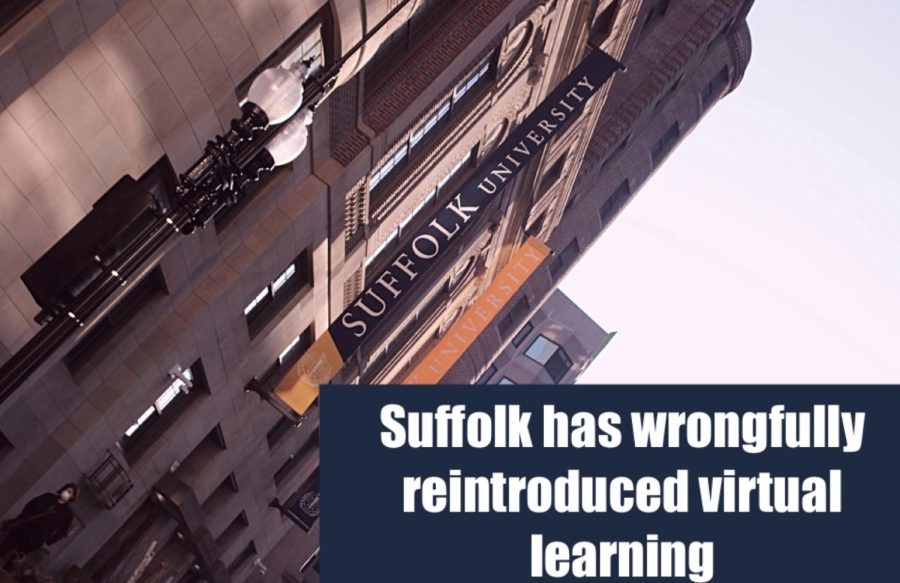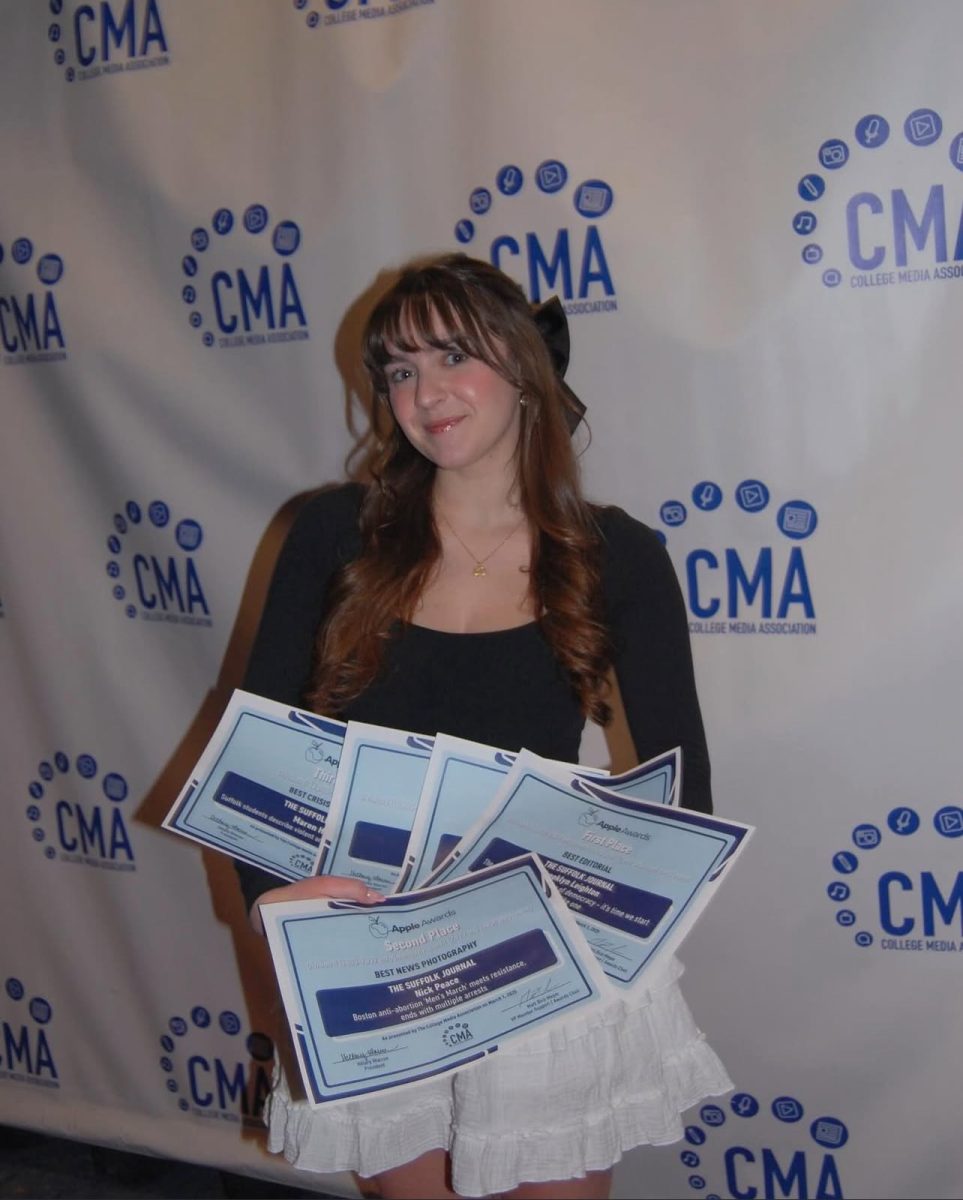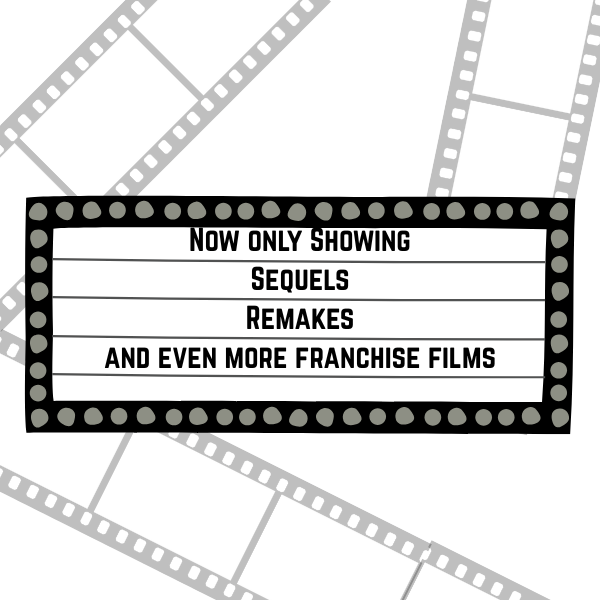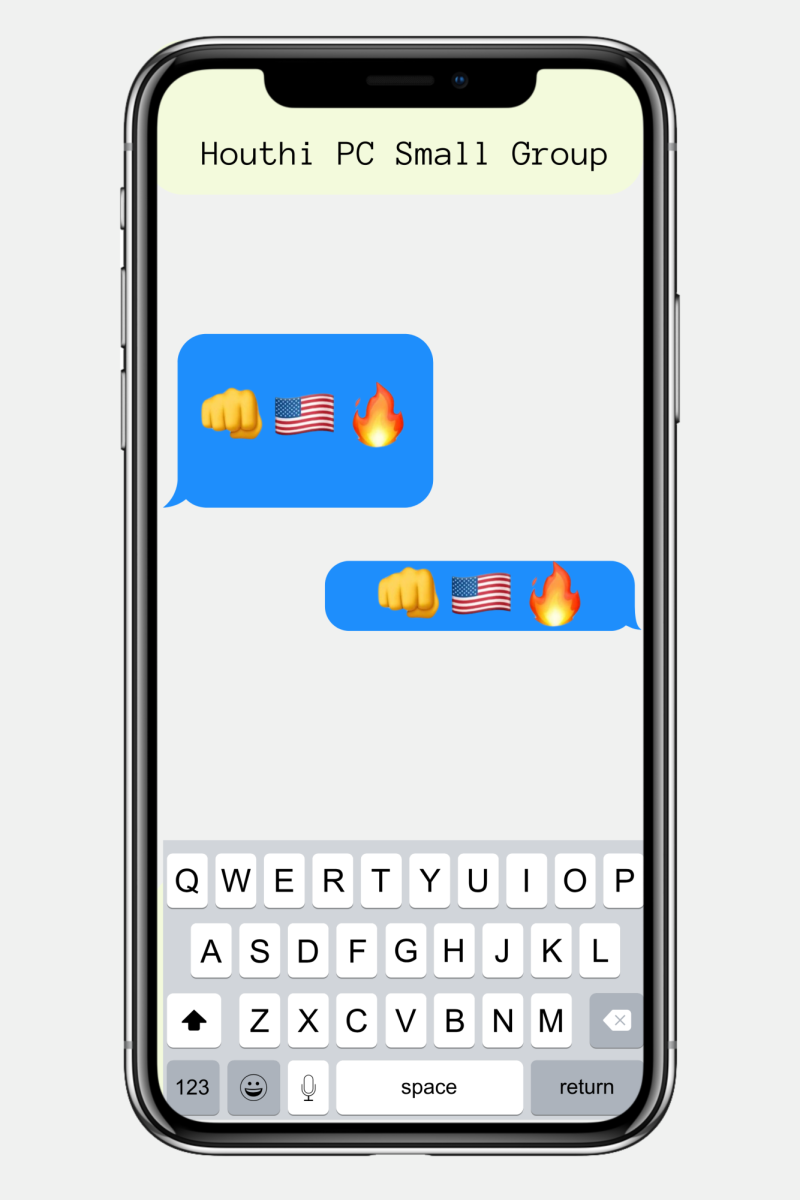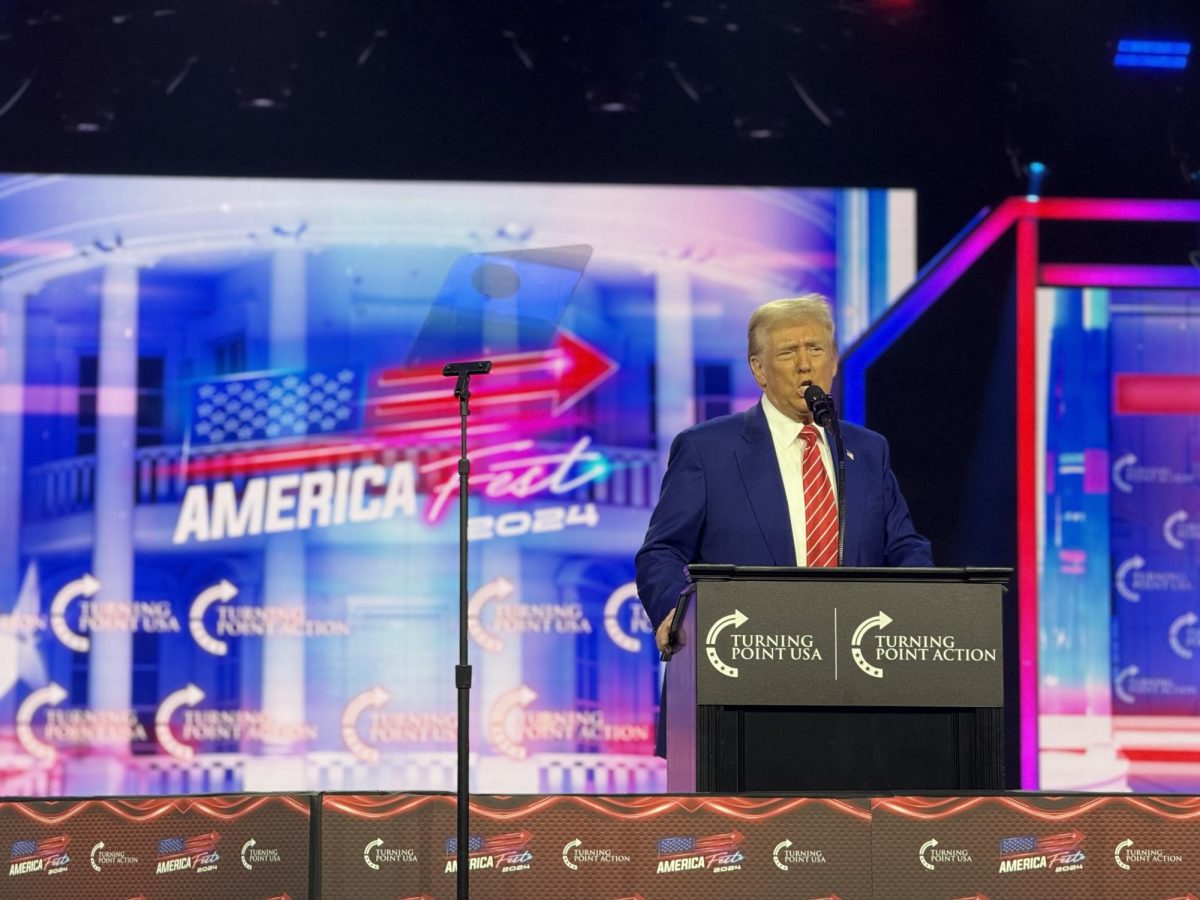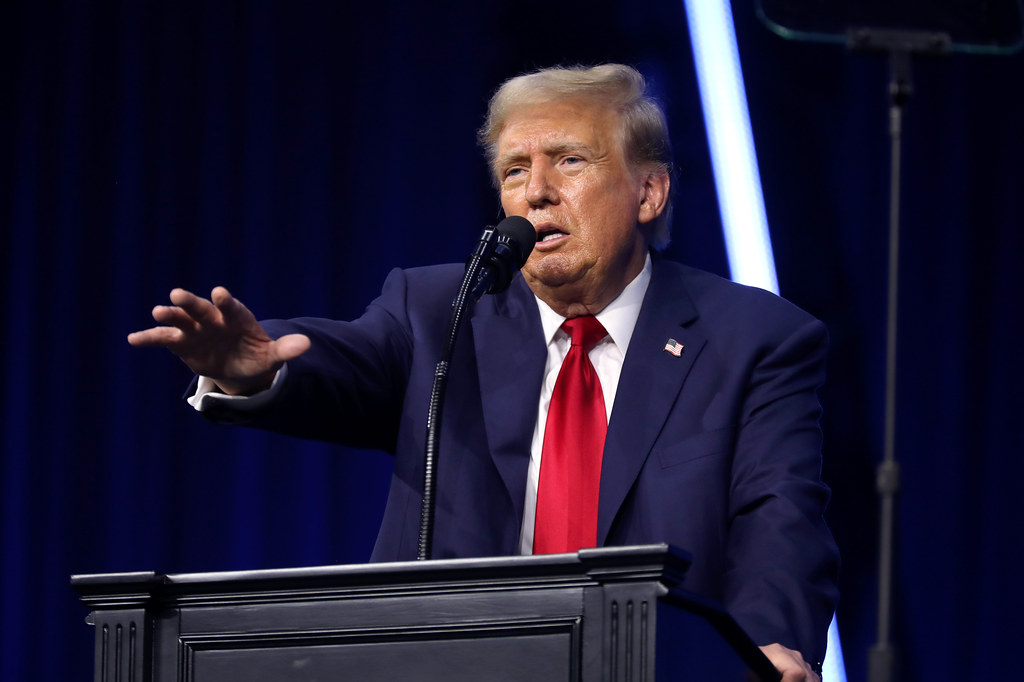The war between Ukraine and Russia has been a great success in terms of solidifying unity among NATO allies and synching the US with the EU. However, it is now time to strike a deal in Ukraine, since continuing stalemate, compounded by recent Russian advances at the front, calls for imaginative thinking to end the war: self-determination.
With this solution, Russia would sign a treaty with Ukraine and/or NATO guaranteeing it would respect Ukraine’s right to self-determination and sovereign choice to join the EU, while Ukraine would agree to free and fair UN-supervised plebiscites, or public votes, in Crimea and its four other Russian-occupied Oblasts to determine their views on self-determination. For this to happen, Russia must commit in advance to 1) permitting free internationally supervised polls and 2) respecting their outcomes.
Borders, whether colonial or post-Soviet, should not be regarded as sacrosanct or the right to self-determination would be rendered meaningless. Under ascriptivist theories of secession, restive minority populations should be given the choice of deciding whether their identity is best expressed through independence, association with a neighboring country, or autonomy within the “mother country.” Currently, the latter is accepted as the default position by conflict-averse statesmen.
While the UN principle of sovereignty and territorial integrity has been amply highlighted and affirmed in the current and prior Ukrainian crises, the accompanying UN principle of self-determination has been almost completely ignored. Russia’s actions and President Putin’s speeches reveal that Russia has not truly accepted, or has retracted its earlier recognition of, Ukraine’s right to self-determination. Ukraine, for its part, never specifically asked its pre-war Russian-speaking population whether they wished to remain in Ukraine or exercise self-determination and become independent or accede to Russia. With mounting war fatigue on both sides of the Atlantic, and European leaders unsure of how long they can sustain their level of support for Ukraine, this is the time to cut a deal, before Ukraine loses out altogether.
The international order should be a living, breathing fabric, able to absorb change over time, not a frozen shroud imprisoning restive, evolving peoples. The order should not be invested in the ego of the parent state, which not only holds most of the cards, but also has a strongly vested interest in maintaining its status quo territorial integrity. An impermissible criterion (yet one often cited) is that independence should be by mutual agreement. This almost never happens – think of what response George Washington and the Founding Fathers received from the King of England when they asked for independence or even redress of their grievances – A resounding no!
Looking beyond Ukraine, today’s borders in the developing world were developed in the colonial era, when Westphalian borders, themselves arbitrarily determined by monarchs and princes, were exported overseas, and expanded through violent acquisition of territories by the colonial powers, with scant regard for pre-existing societal boundaries. Frozen boundaries do not take into consideration the evolution of human societies and cultures, whose sense of identity may change over time, and “separatism” should therefore not be viewed as the bane of the international system, garnering the widely expressed view – you give it to one, then others will ask. On those rare occasions when referenda were held, like Iraqi Kurdistan’s 2017 referendum, in which 92 percent voted for independence, what reward did the Kurds receive? An attack from Iraq. And when Tibetan monks immolated themselves in extreme duress at the erasure of their identity, China responded by ruthlessly tightening the screws even further.
As the scholar Boaz Atzili argues, the norm of border fixity is a relatively recent phenomenon, since the Second World War. Before that, self-determination enjoyed a high profile under President Woodrow Wilson’s Fourteen Points. Not wanting to challenge or modify borders out of a reflexive fear of change is to retreat to intellectual timidity, when in fact there is an opportunity for new, bold, and creative thinking.
I therefore propose the following criteria which would form a solid basis to support restive minority populations’ claims to secession: 1) demonstrating two-thirds or more support for secession in the sub-national unit in a fair internationally supervised poll and 2) guaranteeing a robust enforceable set of rights for minorities within the seceding unit. Widespread adoption of these criteria would make for peaceful transitions within the international order – if Canada could handle this issue in a civil manner with Quebec, and the UK in the Scottish referendum, why can’t the rest of the world follow suit?
Dr. Miguel Rodrigues, a Scholar in Residence at Suffolk University, retired after a 20-year career as a U.S. Foreign Service Officer, with postings in Lithuania, Mexico, the Dominican Republic, and Canada, and in Washington, on the State Department’s Policy Planning Staff under Secretaries Clinton and Kerry.


